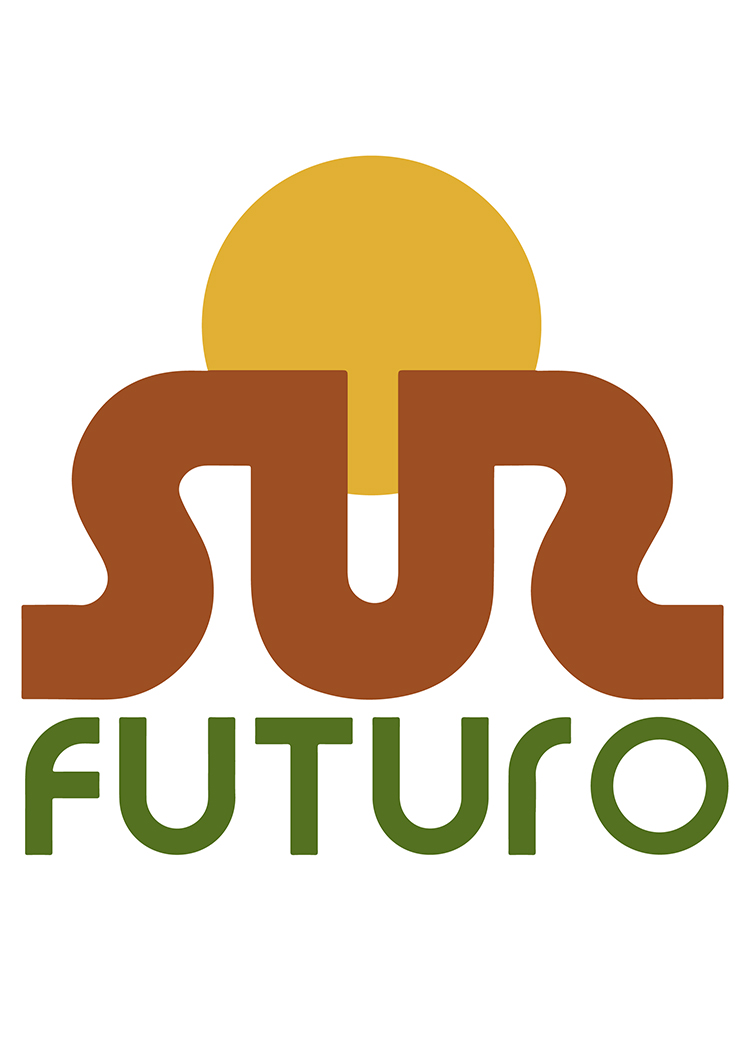The main challenges from climate change and very specifically to small island states such as the Dominican Republic are: rising sea levels, heat waves, increased storms and climate uncertainty, extension and duration of droughts in affected areas, species extinction, increase of allergies, destruction of crops and food production, acidification of the ocean due to the absorption of CO2, higher incidence of diseases in humans and the destruction of ecosystems.
For these reasons, for more than a decade the Sur Futuro Foundation has worked with communities highly vulnerable to the effects and impacts of climate change.
The “Intergenerational climate change: increasing the resilience of vulnerable communities” project's objective is to increase the resilience to the effects of climate change through an environmental education, risk management and climate change programme aimed at young people and adults and implemented in two highly vulnerable communities: Hoyo de Puchulo and Hoyo de Bartola, in the municipality of Santiago, province of Santiago de los Caballeros.
The project also contributed to strengthening and creating local organizations. A series of training workshops were carried out, benefiting 269 young people between 14 and 24 years old and some 600 families, who participated in courses on climate change, community awareness days on waste management at home, and the creation of a disaster rescue brigade.
Other activities included two community awareness days to inform the population about the importance of environmental care, to prevent them from throwing waste in the Yaque del Norte River, as well as to provide guidance on the waste classification process. 14 waste classification tanks were installed for selective categorization: plastic bottles and jugs and organic waste.
Through training workshops called “Learning to recycle”, the group of young people from the communities learned how to take advantage of and transform solid waste into elements of high artistic value and with a utilitarian sense.
Furthermore, a restructuring of the Rescue Brigade of the Hoyo de Puchulo community was carried out, in order to face the risks and reduce the community's vulnerability to the effects and impacts of climate change.
Through the implementation of this project, it was possible to educate, raise awareness and integrate young people into an existing youth network, to continue developing capacities and empowerment through participatory processes in their environment, implementing adaptation measures to climate change.
This type of initiative must be replicated in other communities in the country, facing a high risk of experiencing floods, landslides and strong winds due to extreme hydrometeorological events exacerbated by climate change. Education and awareness are part of the actions that contribute to the empowerment of climate action, contributing to the mitigation of the drivers, but also to the implementation of adaptation measures that reduce vulnerability, thus making society more resilient to the adverse effects and impacts of climate change.
This project, implemented by the Sur Futuro Foundation, received technical and financial support from The Nature Conservancy, the Yaque del Norte Water Fund and Santiago Solidario, and lasted 7 months.
Abouot the author

SUR FUTURO FOUNDATION (FSF)
We are a non-profit private organization that began operations on 16 November 2001 and promotes the development and social well-being of vulnerable communities in the Dominican Republic. We seek to reduce the high levels of poverty and marginalization in our areas of action through promoting the development of the communities' social, natural and productive capital, helping to improve the quality of life of the populations and supporting the sustainable management of the environment and natural resources.
FSF currently holds the Presidency of the IUCN National Committee (NC) in the Dominican Republic, which was established in November 2010 and recognized by the IUCN Council in May 2011. The NC is part of the IUCN Caribbean Regional Committee. FSF has served as an observer institution to the United Nations Framework Convention on Climate Change (UNFCCC) since 2010, actively participating from COP21 to COP25 as part of the Dominican Republic delegation.







